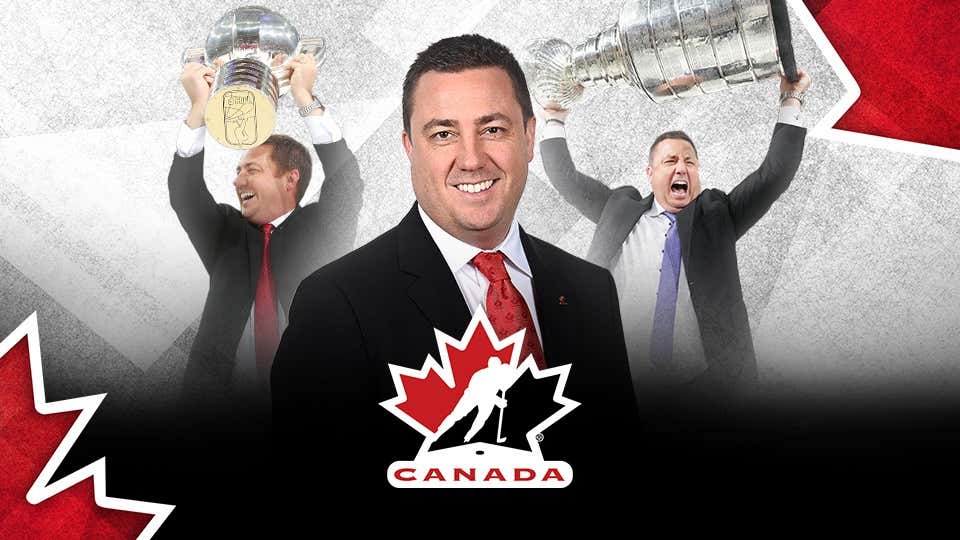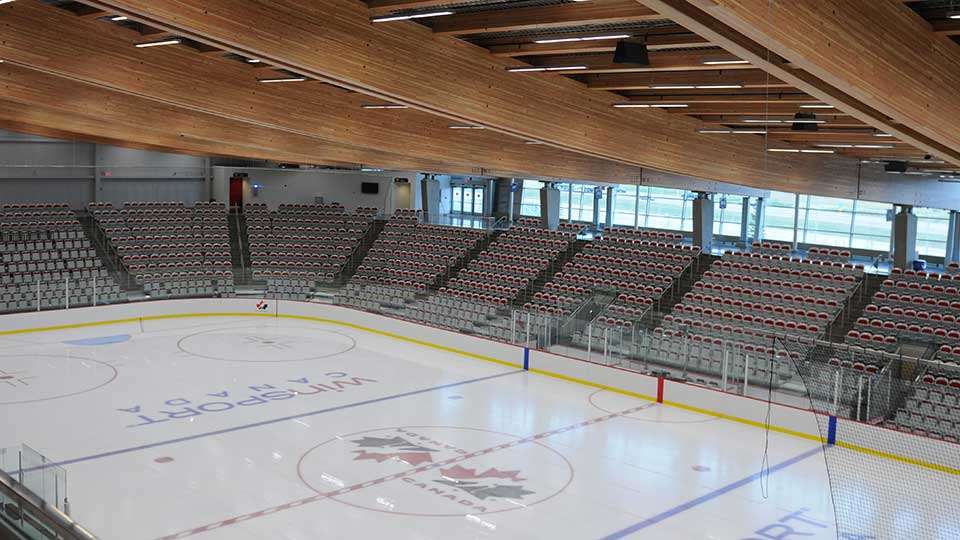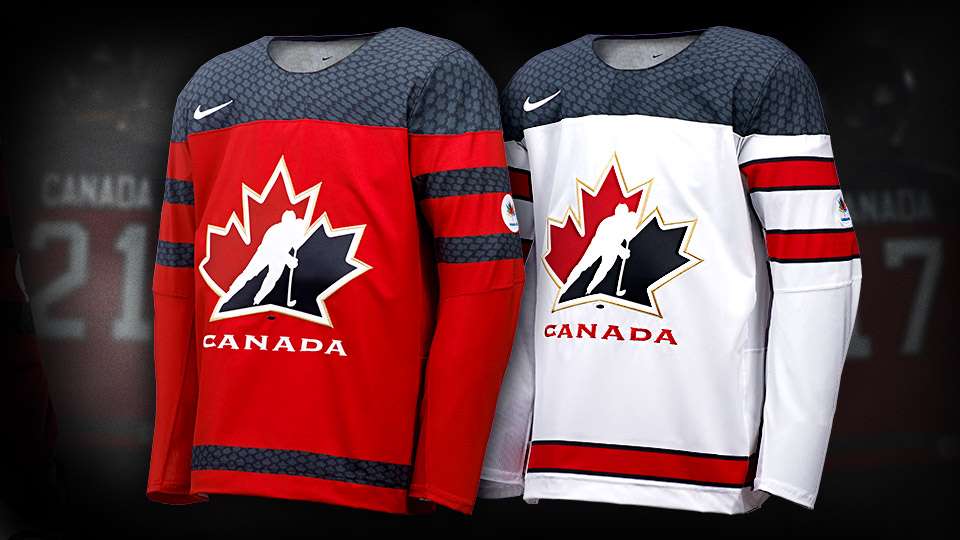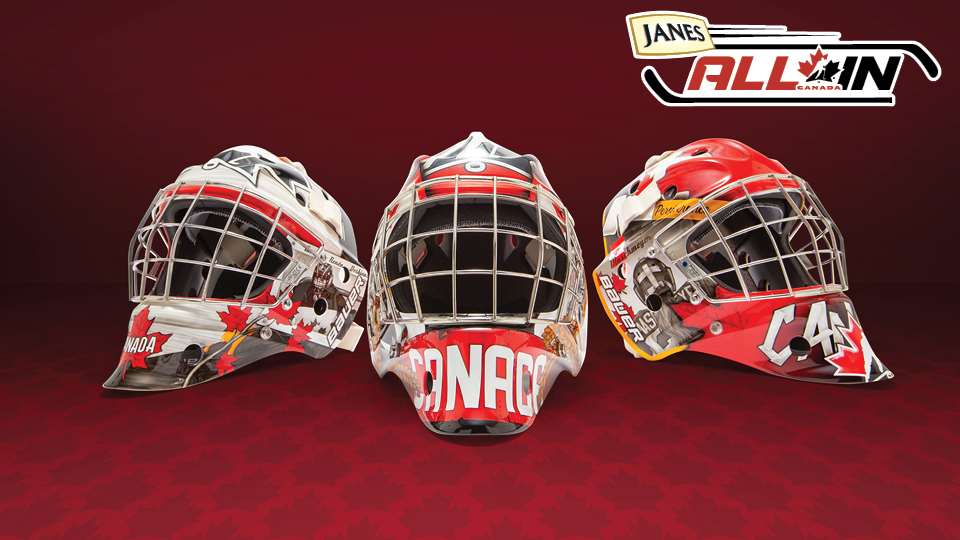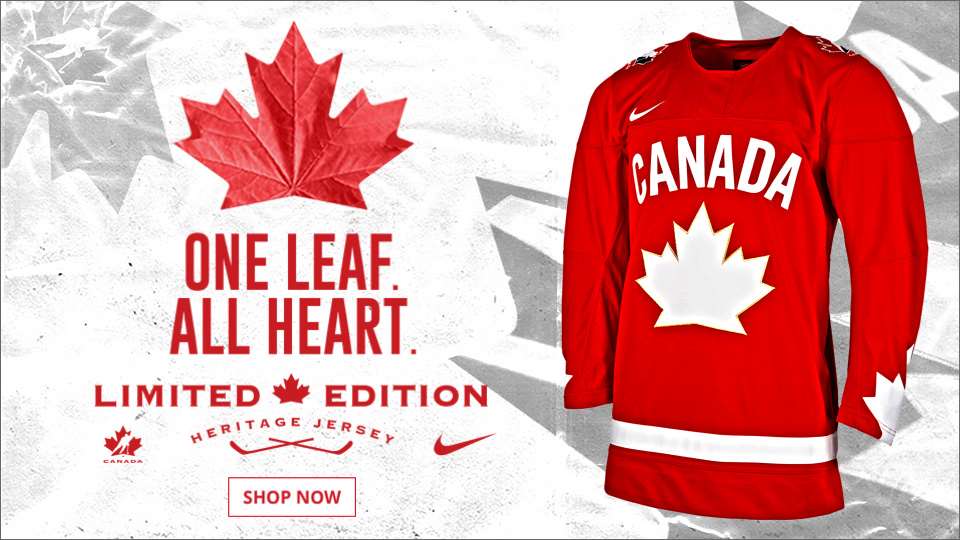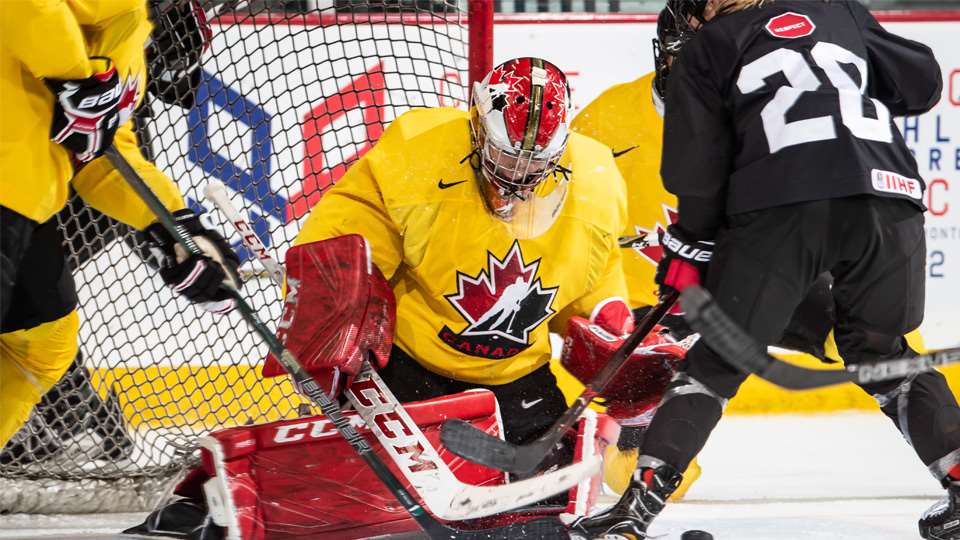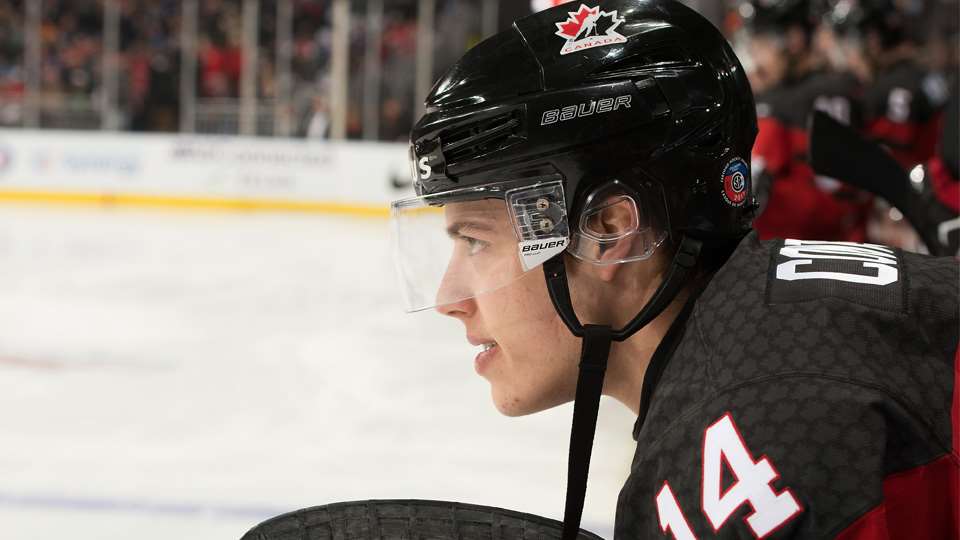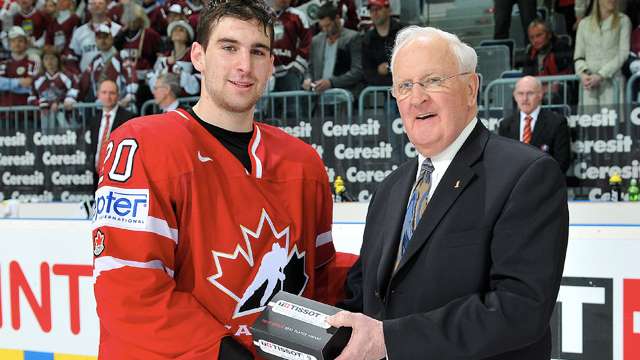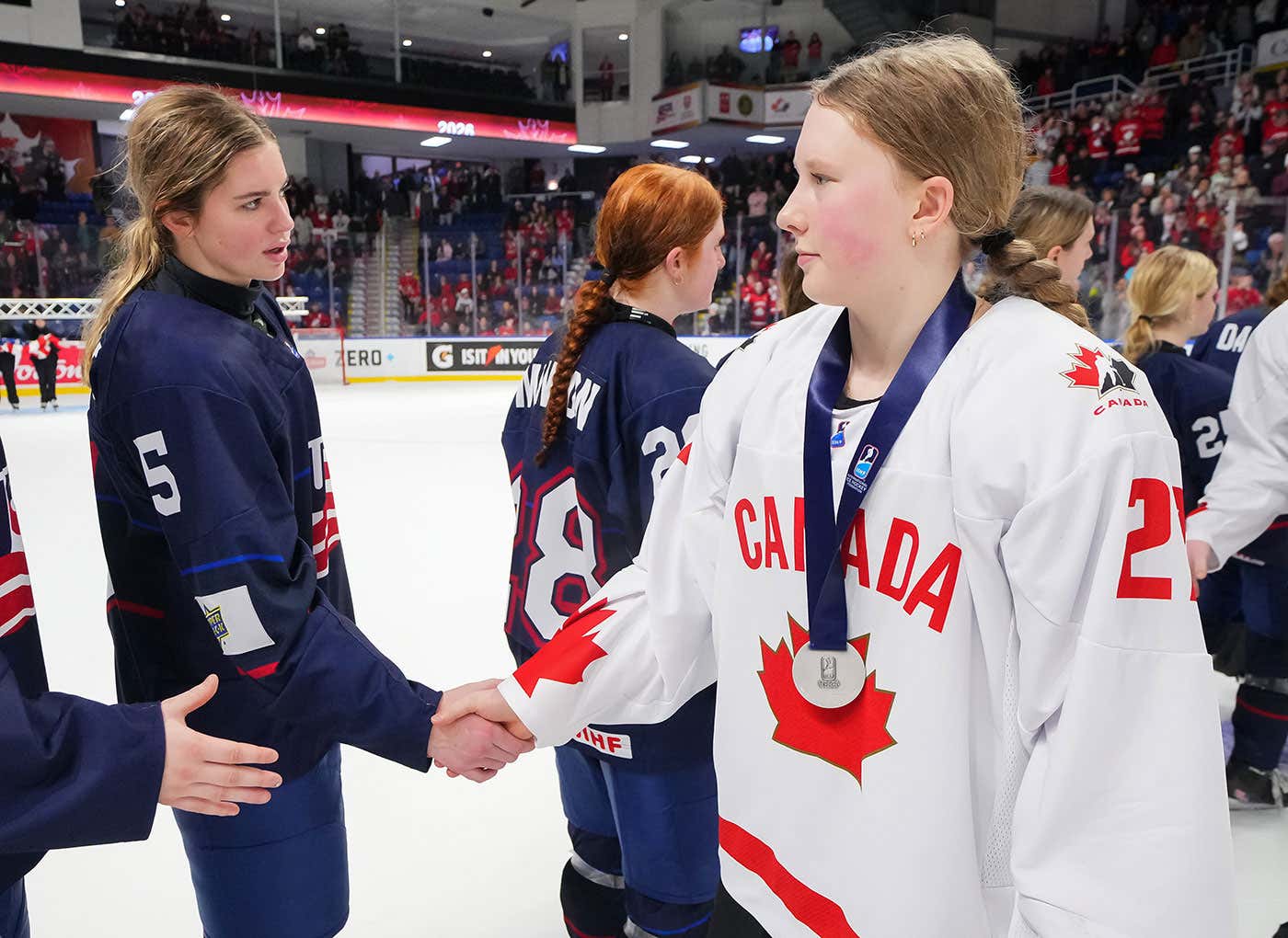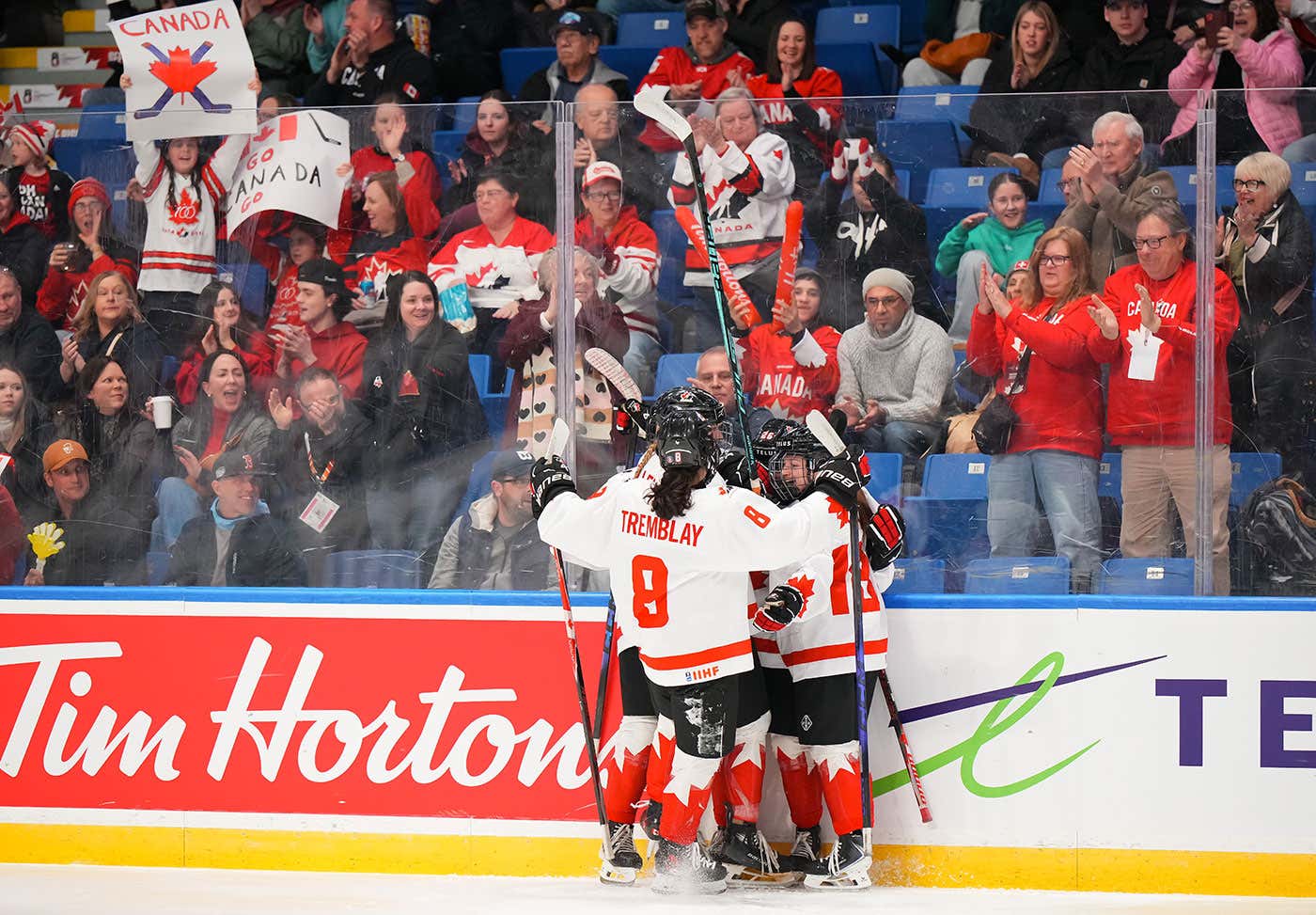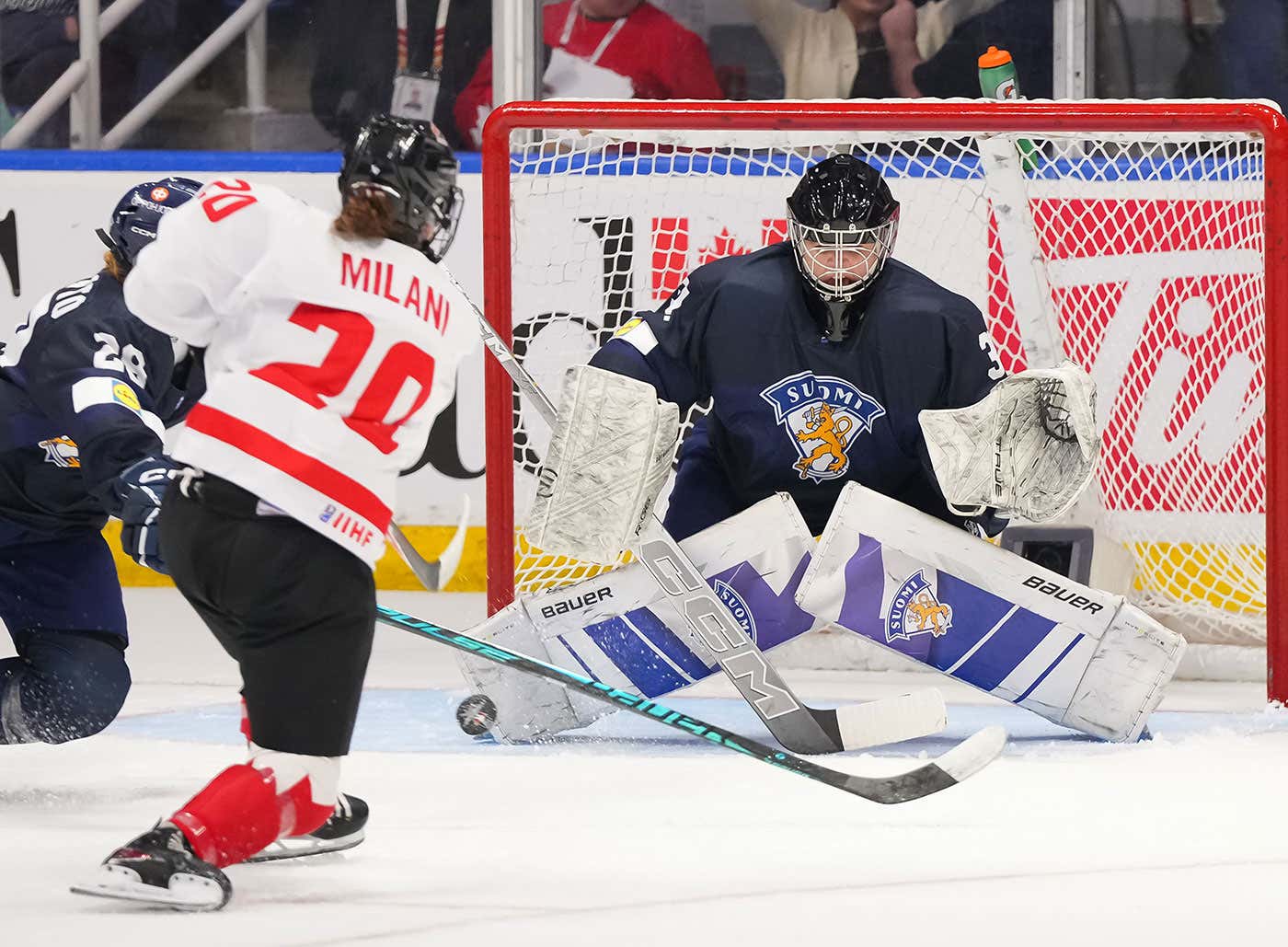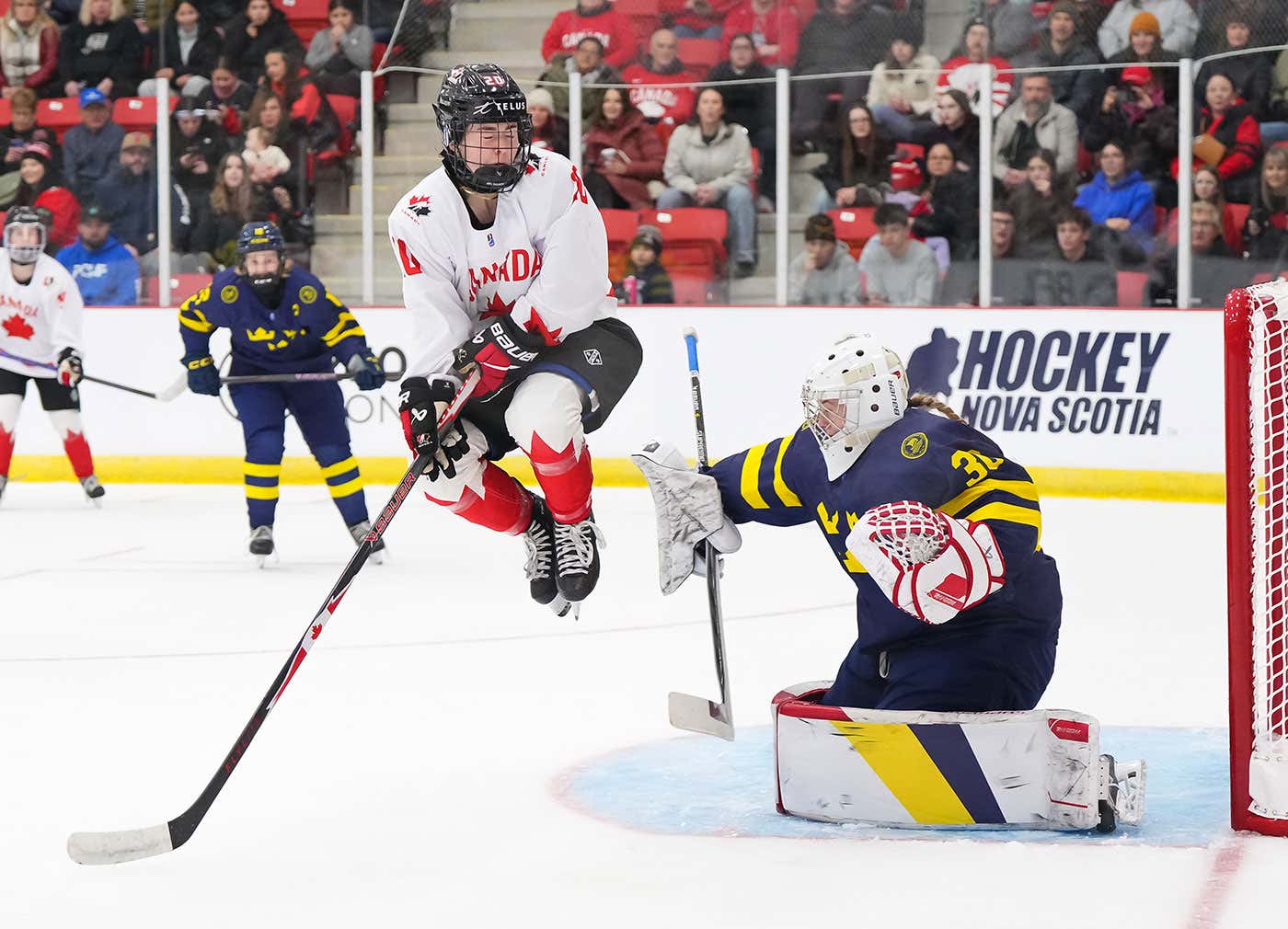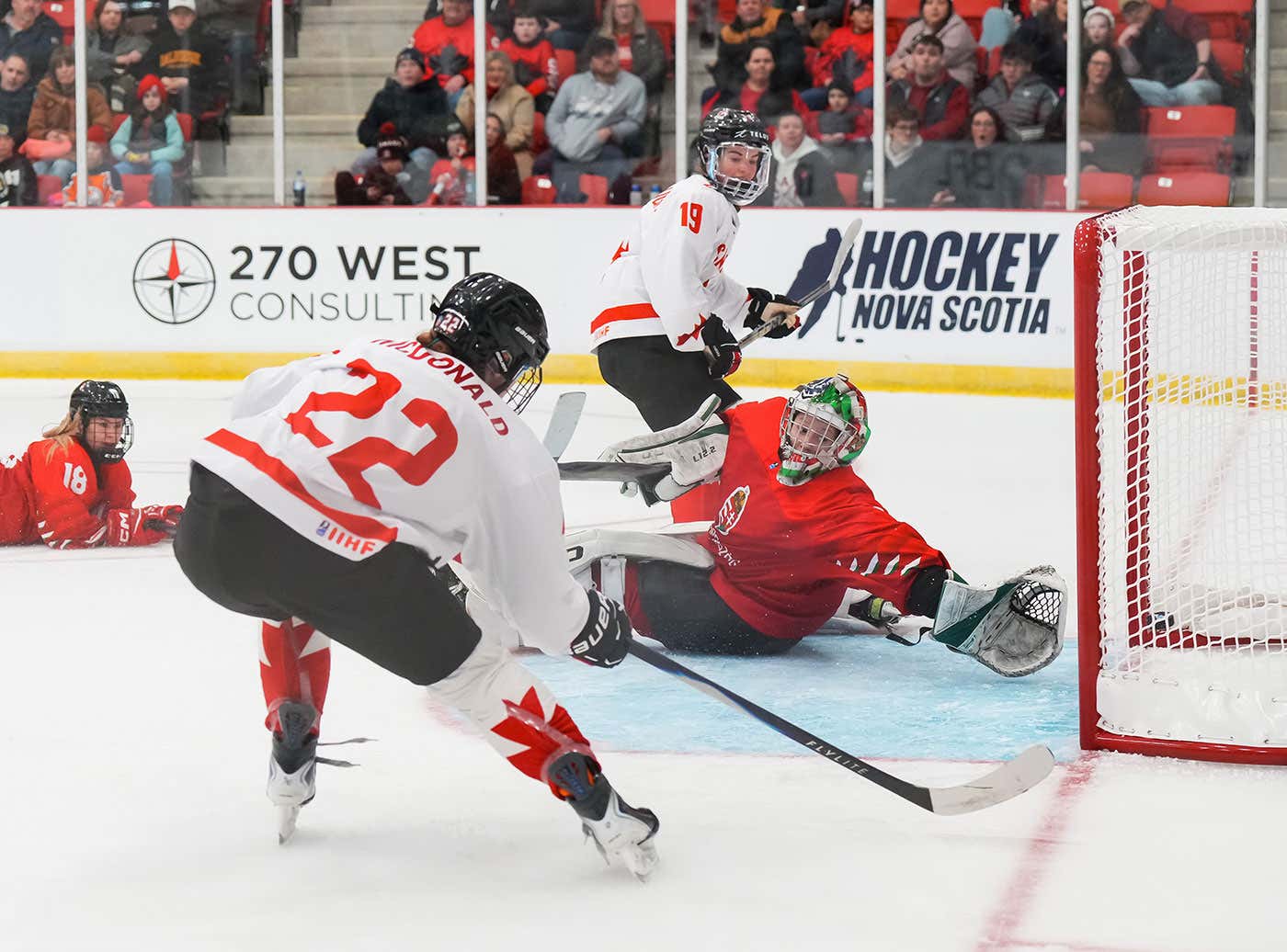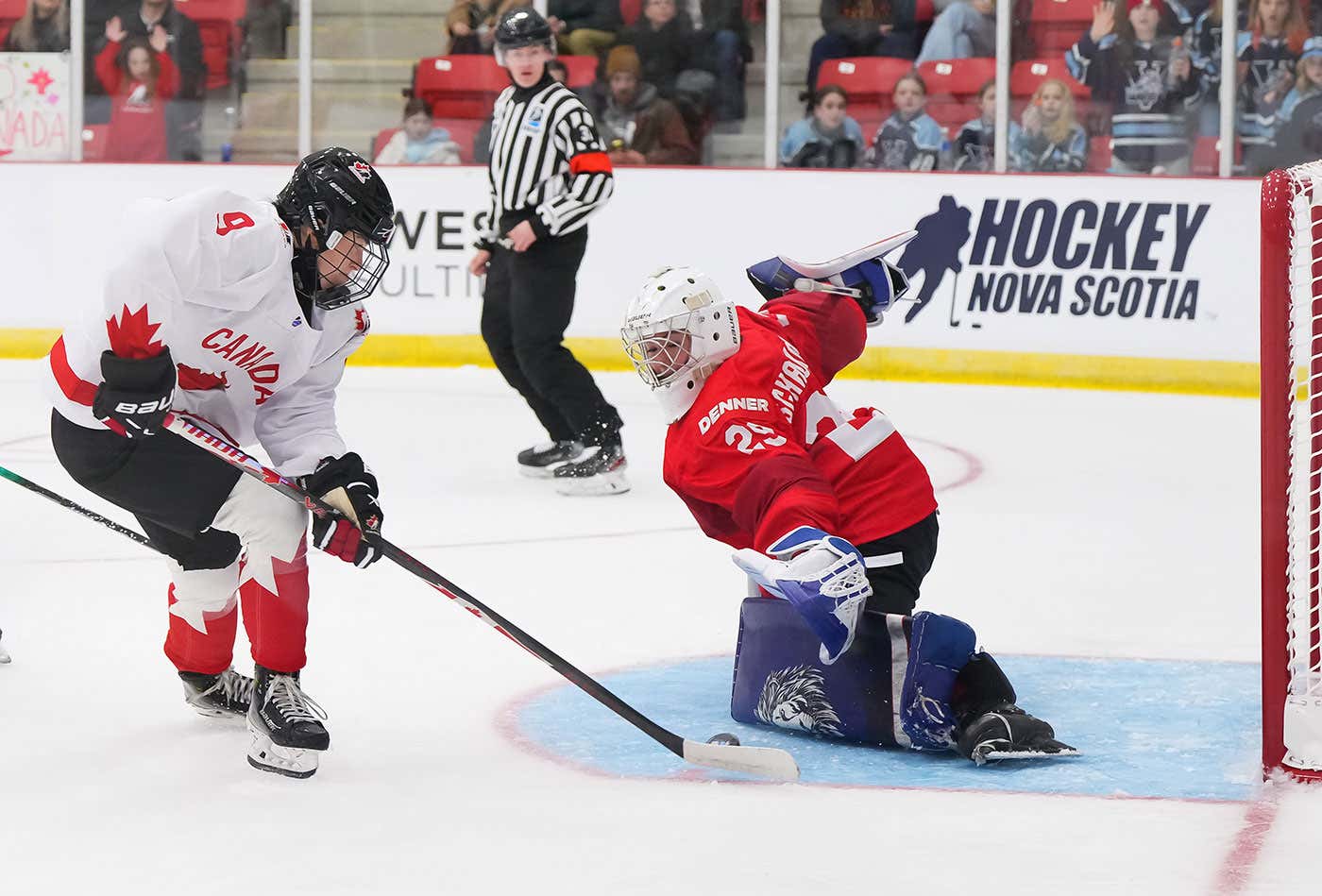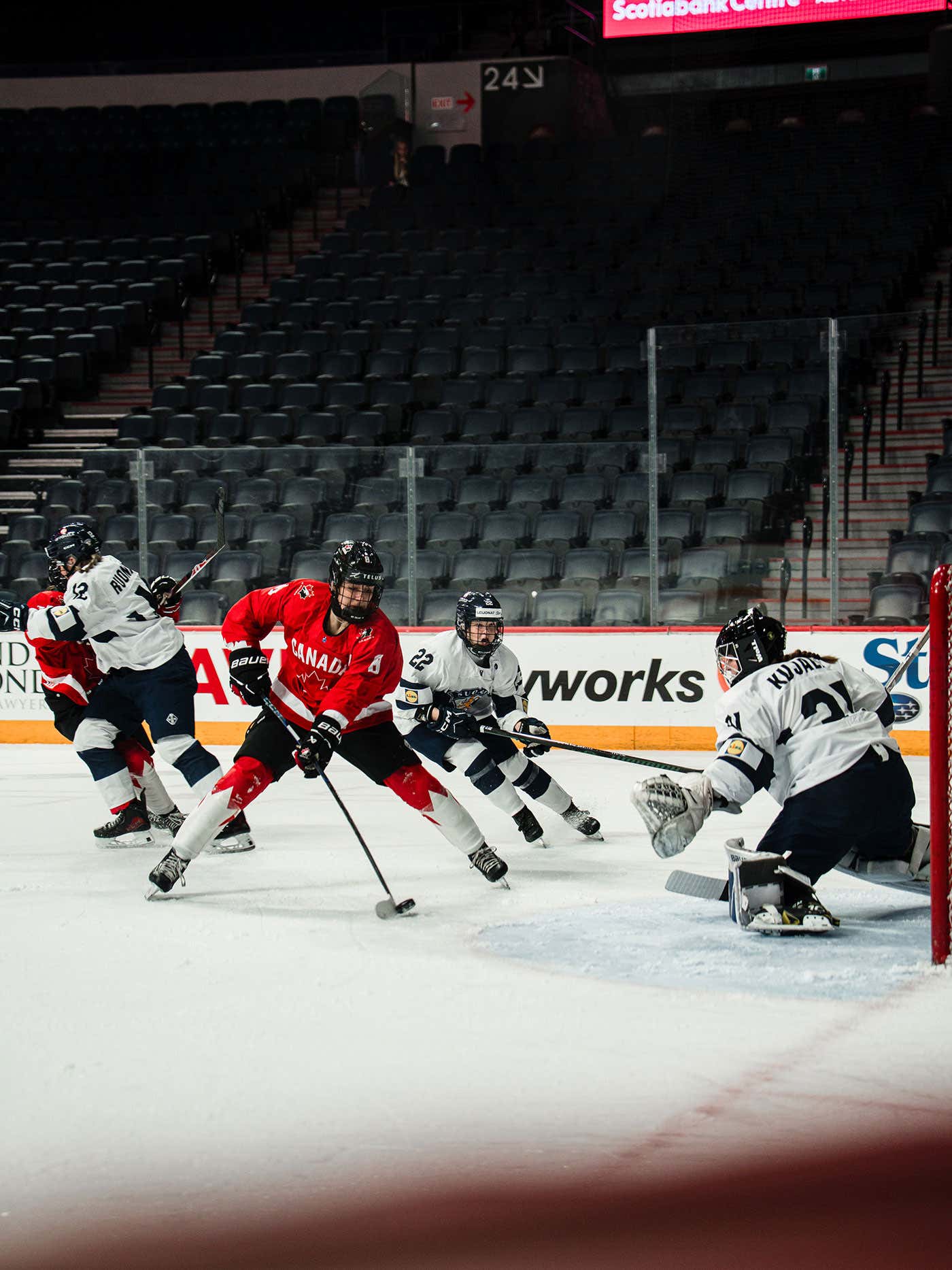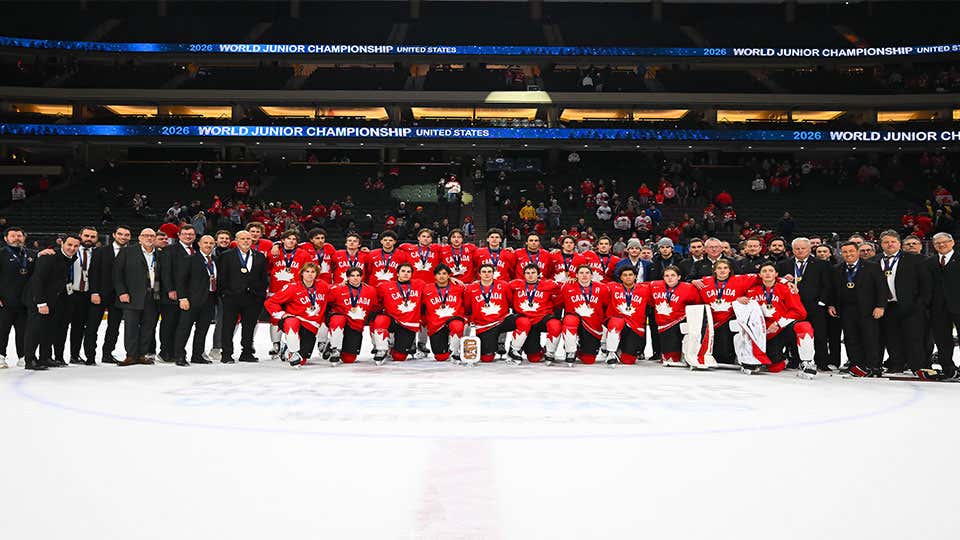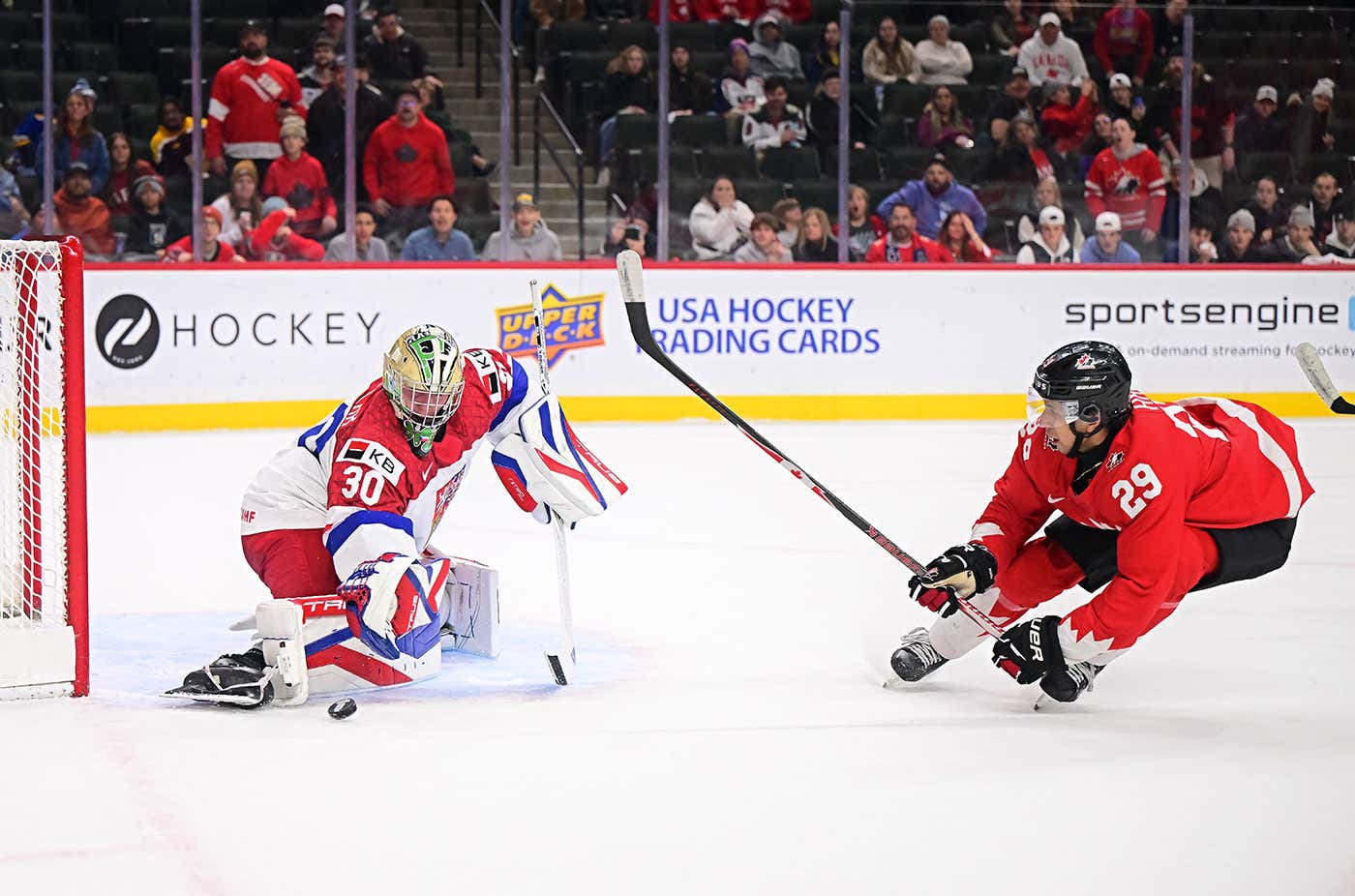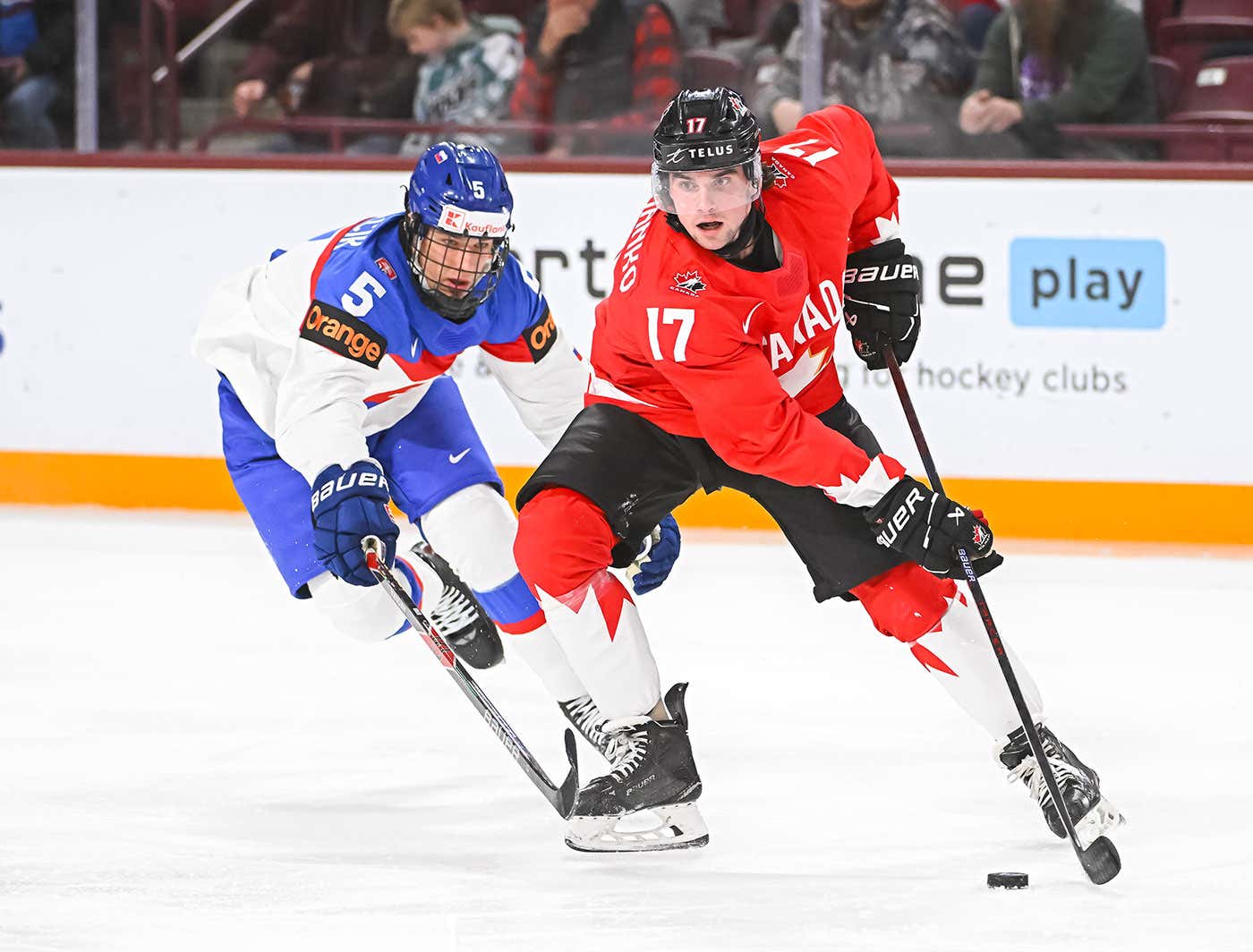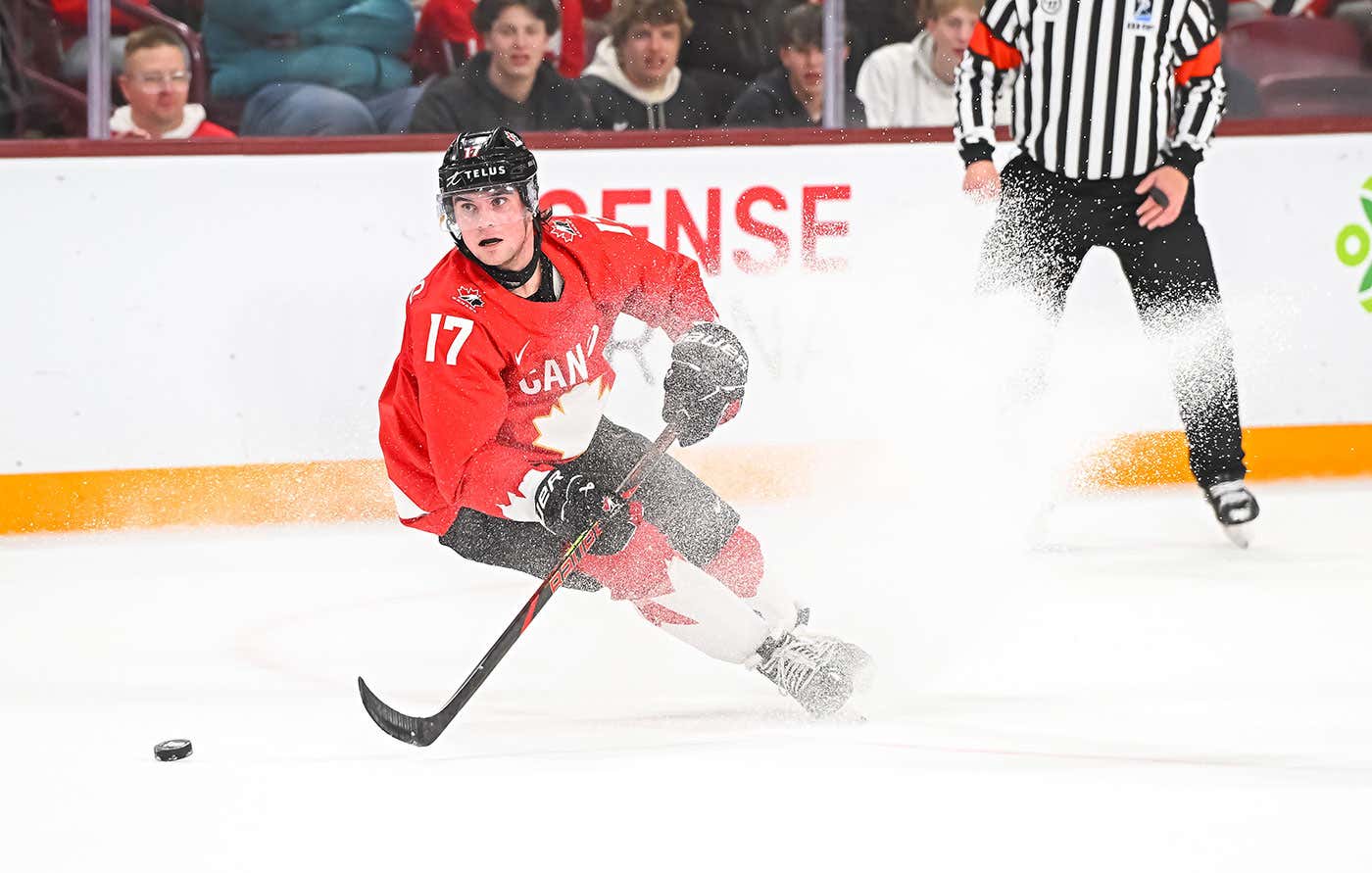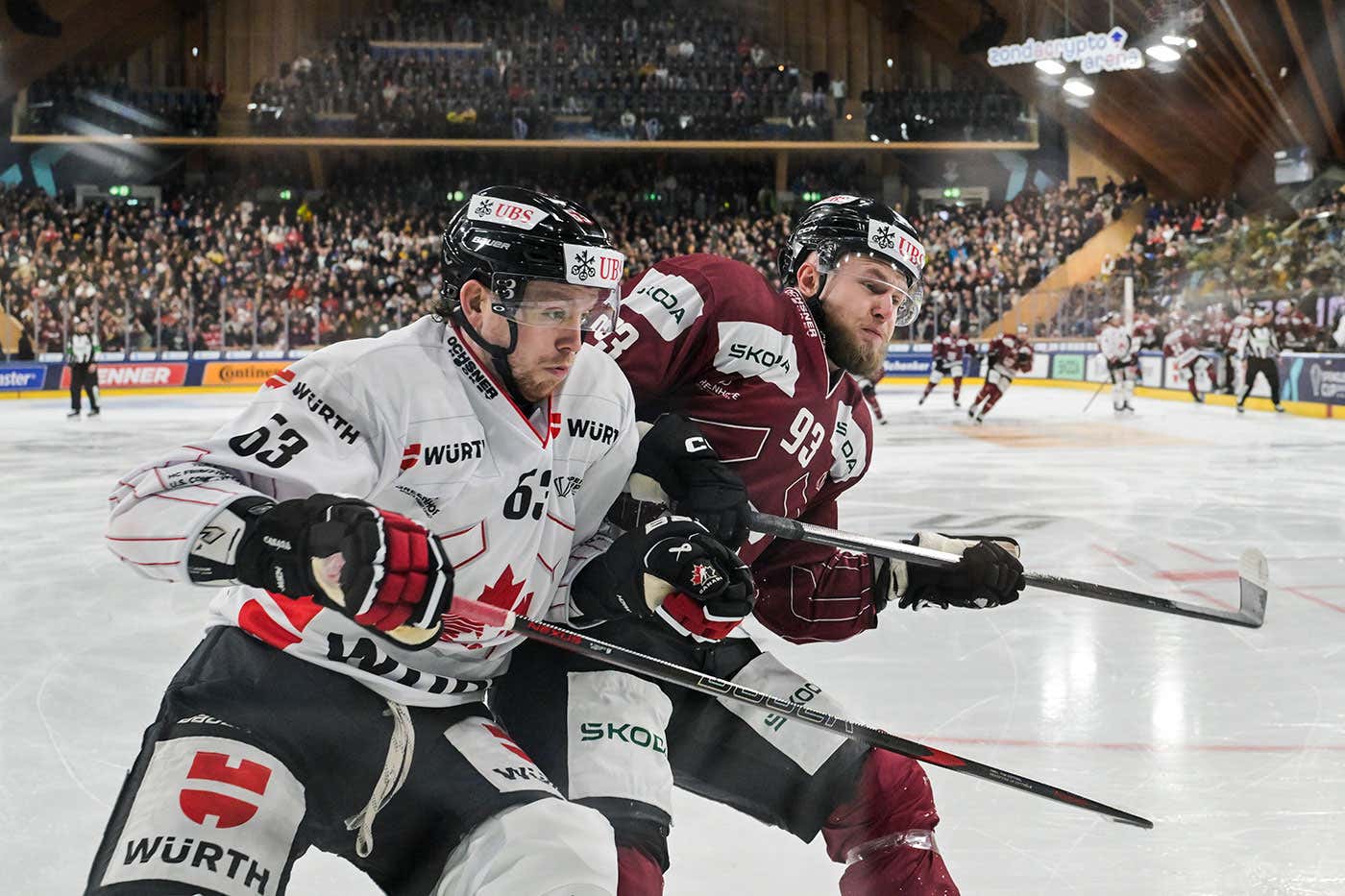
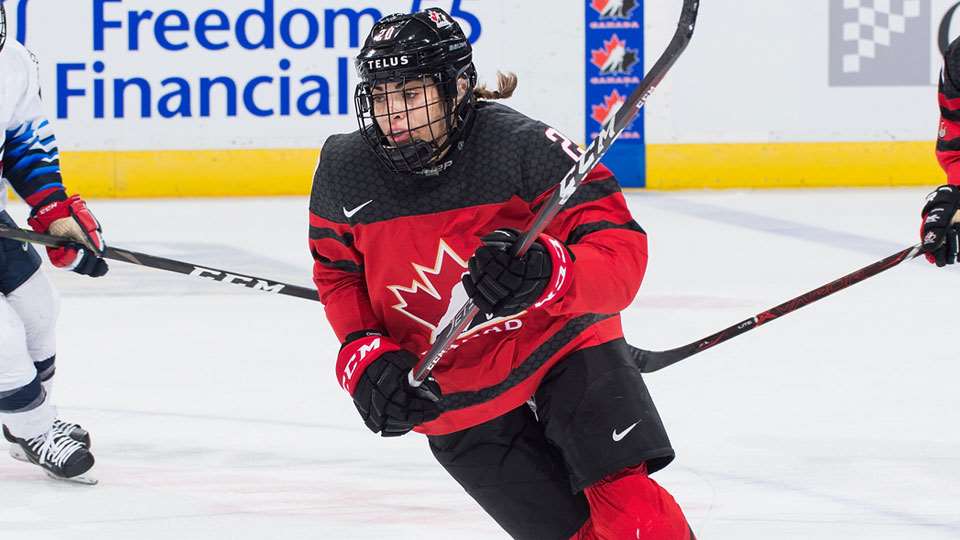
Becoming agents of change
Hockey Canada introduced mandatory diversity and inclusion training for its athletes and staff, with an eye towards its commitment to making a difference in Canada’s game

More than a week later, there’s one singular sentence that sticks with Sarah Nurse.
“Diversity is who’s on the team, but inclusion is who gets to play.”
The National Women’s Team forward was one of close to 500 athletes and staff involved with Canada’s national teams – men’s, women’s and para hockey – who took part in mandatory diversity and inclusion training last week.
Hockey Canada remains committed to continuing to listen and learn, and being open to change in an effort to take action around diversity. The seminars are an early step in that commitment.
Discussions on diversity and inclusion had actually been going on for more than a year, championed by Denise Pattyn, Hockey Canada’s director of human resources. As the world changed in the last few months, the conversations picked up.
“We had an opportunity in early June to just continue to have that discussion and talk about what the next steps in her plan were,” says Scott Salmond, senior vice-president of national teams with Hockey Canada. “And then it came to light that with some other things that were happening in our game and around our game and in the world, that we were really short-sighted in not providing an opportunity and taking advantage, quite honestly, of the time that we have right now with our athletes virtually to have an impact.”
Salmond and Pattyn did their research and found Tina Varughese, who has worked extensively with the Province of Alberta’s immigration office and is the president of t Works Inc., which that specializes in cross-cultural communication and work-life balance seminars, and provides customized cultural diversity training.
“She understands the game and she had a really great way of communicating her message to the athletes,” Salmond says.
Varughese focused her seminars on the idea of unconscious bias – underlying attitudes and stereotypes that people attribute to another person or group of people that affect how they understand and engage with others.
“I think the majority of us, if not everyone, feels like they don't have bias towards people. They don't discriminate,” Salmond says. “But when you start to understand what an unconscious bias is and the language that you maybe use in the conversations that you have with other people, you realize that in some ways, without even meaning it, maybe you've created that bias or maybe you have that bias.”
For her part, Varughese was thrilled with the response she received from the athletes and staff.
“They were very keen to be an agent of change … this was incredibly inspiring for me because they are all athletes and in positions of influence,” she said in an interview last week with the Toronto Star.
“I felt they were much more transparent and honest about not only recognizing that they either had unconscious bias or didn’t even know what it was, but they were also very transparent in understanding what other people might go through.”
So what comes next? How does Hockey Canada ensure this is a conversation that continues internally, and also reaches outside the organization to the greater hockey community?
“We've done the virtual part, [so] next time that we have players together, we workshop,” Salmond says. “Talk about what we want the environment to look like, what the athletes want it to look like. I think it's one thing to have a policy or an expectation and to present that or write that somewhere. It's more powerful if the athletes are behind it and they have an opportunity to create it.
“It's really a responsibility that we have as a national sport organization and an opportunity that we have with our athletes and our staff to have an impact at the national level. And hopefully that impact finds its way to club teams and into communities across Canada.”
For more information: |
- <
- >

















